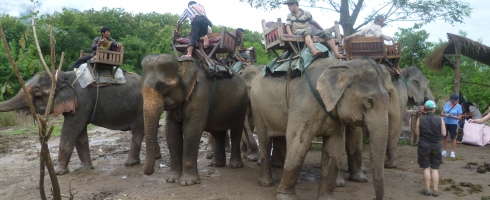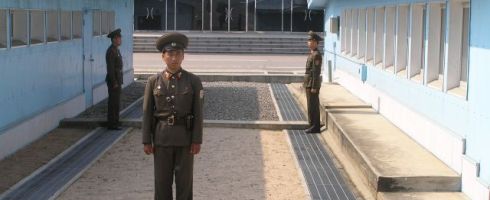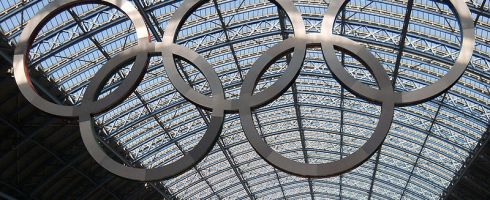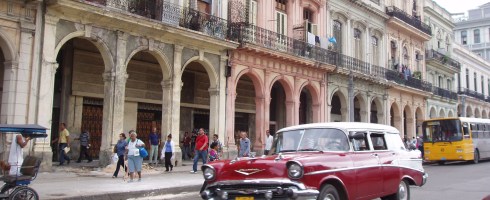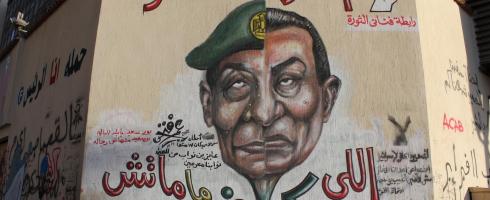The trade in products from endangered animals has been a contentious issue for many years however with a black market in ivory, tiger parts etc still thriving across the world the WWF, one of the world’s leading conservation charities, is stepping up its efforts to control this trade and make individual countries responsible for dealing with those trading illegal animal parts.
In a recent report the WWF condemned several nations for failing to tackle the illegal trade in animal parts whether they were countries of origin for products such as elephant ivory, rhino horn and tiger parts, transit countries or the destination for these products.
From their report, nations such as Vietnam, Laos, Burma, Mozambique and Zambia have all failed in their attempts to solve the problem of the trade in illegal animal parts, whilst many other countries have only made minimal steps towards fighting poaching.
For the WWF this failure to address these problems has only worsened the trade that is fueled by an appetite in societies, such as China and Thailand, for luxury goods made from these illegal products. Elephant ivory is used for carvings, jewellery and other decorative pieces whilst rhino horn and tiger parts are key ingredients in Chinese medicine, which in many parts of Asia is still preferred over conventional western medicine.
In the current global financial crisis, where funding for conservation is limited and many see the black market as way to make a great amount of money, the outlook for countries trying to control the trade is not positive. Whilst there is a profit to be made from selling illegal animal parts there will continue to be a trade. For animal conservation groups, such as the WWF, in order to control the trade, there are only two possible ways to tackle the problem.
Firstly the WWF advocate that protection and security of animals within national parks, games reserves etc needs to be stepped up, with the belief that if poachers cannot get access to endangered animals the trade will cease. The countries of origin for these products, such as Mozambique, must bolster the defenses at national parks and impose harsher punishments on those convicted of poaching.
Secondly animal conservationists are striving to change the attitudes of people in countries, such as China, where the demand for these products is huge and items made out of illegal animal parts continue to sell despite apparent controls on the origin of these goods. If the global community can encourage people in these countries that there are alternatives to trading illegal animal parts then demand will decrease.
Fundamentally the trade is an issue of supply and demand and while both exist the trade will continue. What the WWF hope is that, through their report, they can highlight the poor performance of these African and Asia nations and compel them to step up their attempts to control the trade and punish those who commit offenses.
However despite the fact that some countries, such as Vietnam and Mozambique, have failed to fight the illegal animal trade, there are success stories and the WWF report highlights the positive direction that nations, such as India, Nepal and Russia have taken to enforce and control the ban on the international trade in illegal animal parts. It is hoped that when the next report is compiled those nations, that have failed, will follow the example of India, Nepal and Russia to fight illegal poaching.

